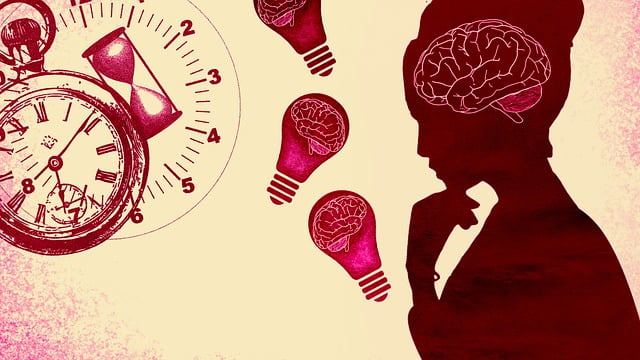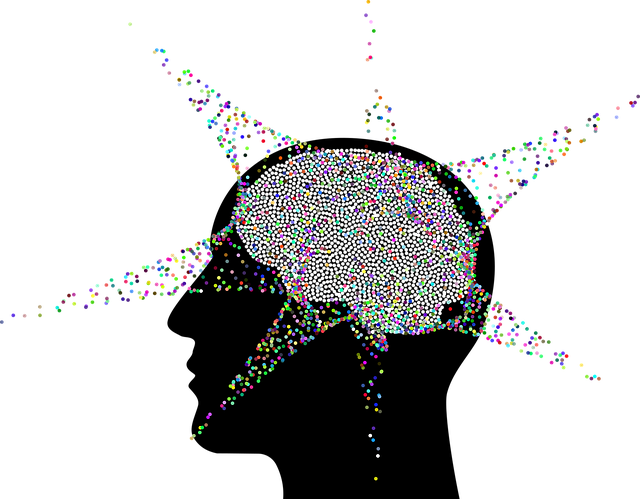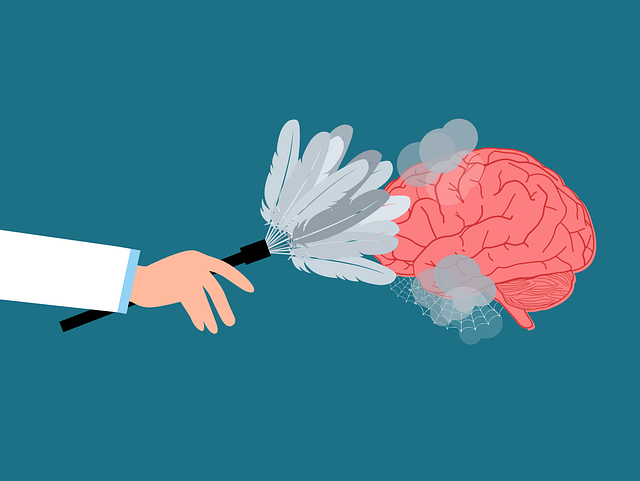Loss, grief, and bereavement are deeply personal journeys with no linear timeline. Individuals experience a mix of emotions upon the death of a loved one, shaped by memories and relationships. For healthcare providers supporting these individuals, emotional intelligence, burnout prevention, and stress reduction are crucial. Castle Rock Divorce Therapy offers a safe, non-judgmental space for healing through personalized, evidence-based therapy, mindfulness, and cognitive strategies. They empower clients to process grief, manage symptoms, and rebuild their lives with strength and grace.
Loss, grief, and bereavement counseling are vital components of healing after a significant emotional or physical loss. This article explores the intricate emotional journey individuals face, offering insights into understanding and managing these complex feelings. We delve into the therapeutic environment provided by Castle Rock Divorce Therapy, a safe space for those navigating their grief. Additionally, common challenges faced by grieving people are examined, along with effective counseling techniques to help them cope and find healing.
- Understanding Loss, Grief, and Bereavement: The Emotional Journey
- Castle Rock Divorce Therapy: A Safe Space for Healing
- Common Challenges in Grieving Individuals: Symptoms and Coping Strategies
- Effective Counseling Techniques for Navigating Bereavement
Understanding Loss, Grief, and Bereavement: The Emotional Journey

Understanding loss, grief, and bereavement is a profound emotional journey that varies from person to person. When someone experiences the loss of a loved one, it can trigger a complex mix of feelings, including sadness, anger, guilt, and even relief. This intricate process, often referred to as grief, isn’t linear; it has no set timeline or stages. Some days may be filled with profound sorrow, while others might bring moments of clarity or even brief happiness. Recognizing that everyone navigates these emotions differently is key to providing effective support, whether through Castle Rock Divorce Therapy or other counseling services.
The emotional journey involves not just the loss itself but also the memories and relationships associated with the departed individual. For healthcare providers supporting those in bereavement, cultivating emotional intelligence becomes essential. Implementing burnout prevention strategies and stress reduction methods can help professionals maintain resilience while offering compassionate care. By understanding and validating the unique grief experience of each individual, therapists and counselors facilitate healing, enabling folks to process their loss and gradually find a new sense of equilibrium.
Castle Rock Divorce Therapy: A Safe Space for Healing

In a world where emotional challenges can feel overwhelming, Castle Rock Divorce Therapy stands as a beacon of hope, offering a safe and supportive space for individuals navigating loss, grief, and bereavement. This therapy center understands that healing is a deeply personal journey, and their approach prioritizes creating an environment free from judgment, fostering trust, and encouraging open communication. Through specialized services tailored to meet unique needs, clients can explore and process their emotions in a structured yet empathetic setting.
The therapists at Castle Rock Divorce Therapy employ evidence-based techniques and empathy-building strategies to facilitate the emotional healing processes. By delving into past experiences, they help individuals make sense of their feelings, promote resilience, and develop healthy coping mechanisms for the future. This holistic approach not only addresses mental health policy analysis and advocacy but also ensures that every client receives individualized care, empowering them to overcome grief and rebuild their lives with strength and grace.
Common Challenges in Grieving Individuals: Symptoms and Coping Strategies

Many individuals experiencing grief often face several common challenges that can complicate their healing process. These include intense emotions like profound sadness, anger, guilt, and anxiety, which can be overwhelming and lead to feelings of helplessness. Additionally, sleep disturbances, changes in appetite, and a sense of isolation are not uncommon, as the grieving person may withdraw from social interactions or struggle to find comfort in activities they once enjoyed.
Coping with these challenges requires a multifaceted approach. Engaging in Castle Rock Divorce Therapy can provide a safe space for individuals to express their emotions and work through their grief. Self-care practices, such as regular exercise, mindful meditation, and maintaining a structured routine, are crucial for managing symptoms of burnout prevention. Risk management planning for mental health professionals is also essential, ensuring they have the tools to support clients without compromising their own well-being.
Effective Counseling Techniques for Navigating Bereavement

In the realm of bereavement counseling, several effective techniques have proven instrumental in helping individuals navigate their emotional journeys following loss. One prominent approach involves Mindfulness Meditation, a practice that encourages clients to stay present and non-judgmentally aware of their thoughts and feelings during sessions. This technique fosters self-reflection, enabling individuals to process grief in a way that enhances emotional healing processes. By focusing on the present moment, counselors can help bereaved people accept and express their emotions, crucial for moving forward.
Additionally, integrating Mood Management strategies into counseling sessions offers valuable support. Counselors assist clients in identifying triggers and developing coping mechanisms to regulate emotional responses during bereavement. Techniques such as cognitive-behavioral therapy (CBT) provide tools to challenge negative thought patterns, replacing them with healthier perspectives. These interventions not only ease the acute pain of loss but also equip individuals with lifelong skills for managing future challenges related to grief, fostering resilience in the face of adversity, similar to what Castle Rock Divorce Therapy offers for other life transitions.
Loss, grief, and bereavement counseling are vital components of healing after a significant loss. By understanding the emotional journey and employing effective techniques like those offered by Castle Rock Divorce Therapy, individuals can navigate these challenging times with support. Recognizing common challenges and coping strategies is essential for promoting resilience. Through specialized counseling, one can find solace and eventually embrace life’s next chapter with newfound strength.














